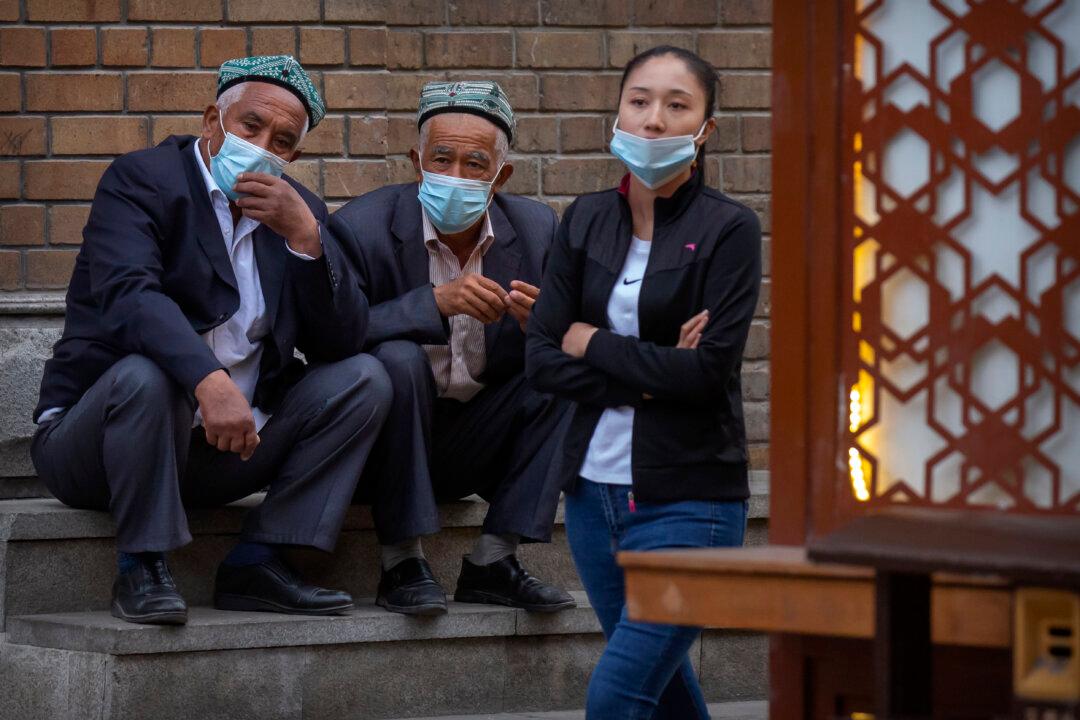Xinjiang Uygur Autonomous Region (XUAR), in northwest China, has been under a strict travel ban since a COVID-19 positive case was reported 90 days ago on July 30.
A massive number of visitors to the area have been stuck in the region all that time, and are financially distressed by the high cost of accommodation and food.




